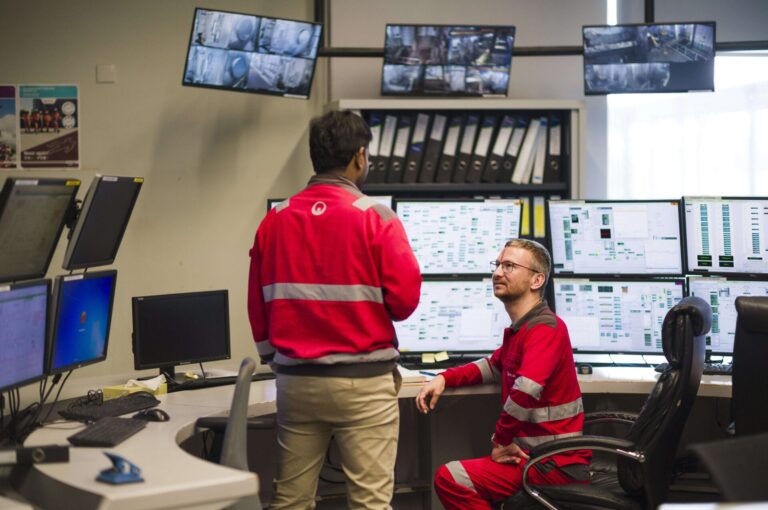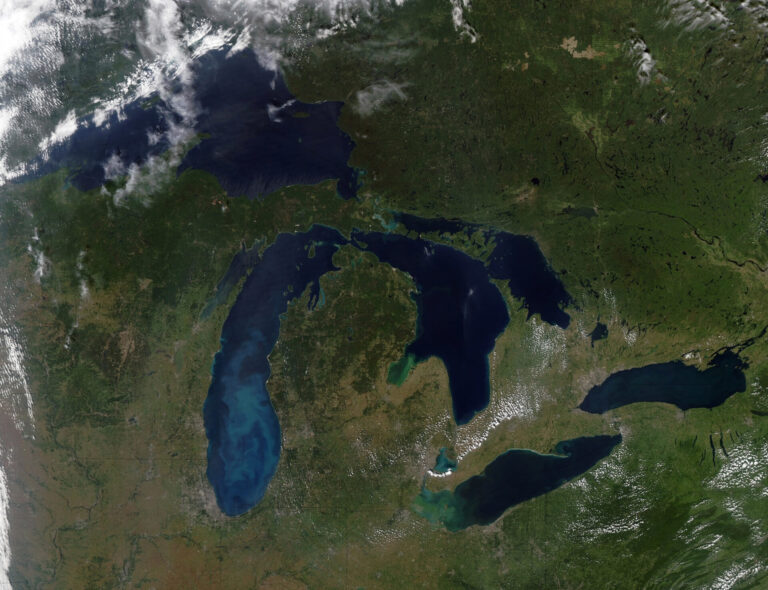
Robert Haller is putting his knowledge of how national and provincial policies play out at the municipal level to good use.After 20 years in municipal administration and the last eight as a CAO, the new executive director of the Canadian Water and Wastewater Association is confident that he can speak on behalf of municipalities when it comes to utilities, services, and infrastructure, especially when it comes to smaller communities. “I know how policies affect the final water bill and local residents and businesses,” he says.
Water Canada spoke with Haller to learn more about new directions and his plans for the association’s growth.
Water Canada: You’ve been in this new position for a few months now. How do you envision your first year at the CWWA?
Robert Haller: Like any sports team, when a new coach comes on board it often starts as a rebuilding year. The same holds true for me at the CWWA. This is a strategic planning year in which, together with staff and members, I look closely at two major priorities.
The first is advocacy, which is truly CWWA’s raison d’être. How do we strengthen our role as the voice of the municipal water and wastewater community, their suppliers, and service providers? How can we best communicate federal information to our members then gather their input and provide it back to the appropriate federal body? How can we work with other organizations to be more effective?
The second is our relevancy. There seems to be a sea of organizations dedicated to various aspects of water. We need to clarify our specific niche and be great at serving that niche. It seems to be easier to serve our larger urban municipal members, but we need to find ways to show our relevance and value to smaller communities too. We also want to provide meaningful membership for our private sector members targeting services for them as full members. Again, this relevance relates back to what information we can share, but also what educational value we can have through our website and events.
What’s on the list of the CWWA’s top issues to tackle?
Water efficiency and energy is going to be a big focus for us this year. We’ve combined two committees into one to focus on a major national event next October. We’re also very much involved in the infrastructure discussion. Our staff and board has task group looking at what our role will be [in the federal long-term infrastructure plan]. Our board is also looking at the association’s role in operator certification. While it’s primarily a provincial issue, people would like to discuss national standards and support additional training opportunities.
We’re also moving into climate change, looking at identifying potential effects and assessing the stage municipalities are at in terms of preparedness. Once we have that information, we’ll look at assisting them in adapting their facilities for the effects of climate change.
Biosolids and potential for their reuse and disposal is another area of interest. It’s a growing concern across country that provinces and regions were introduced legislation to block the handling and use of biosolids. Some have put a freeze on spreading of biosolids on agricultural lands. Some are subject to stricter regulations around disposal. All of these things start to affect our operations. We’d like to help facilitate the discussion around safe and appropriate use of biosolids.
You seem to be finding your way around the sea of organizations you mentioned earlier. In fact, CWWA is now working with the Canadian Association on Water Quality (CAWQ) on an upcoming conference in March. How do you plan to work with other associations and groups?
We don’t want to dilute our efforts or resources. We’ve got to reach out to work with other groups like CAWQ, which brings more of a research and watershed focus. We’ve also created an MOU with the Canadian Water Efficiency Network. Partnering with municipal operators is a benefit for these groups, too.
It’s clearly a desire of the board that we move forward on the “one voice” initiative. They want a strengthened role for CWWA as the national voice for water and wastewater industry. We need to identify what our niche is, which really is representing municipal operators and systems, and as many of them as possible. Part of what we look at in terms of structure is a hybrid. We need a level playing field.
The association’s next event, Window on Ottawa, takes place November 28-30.









